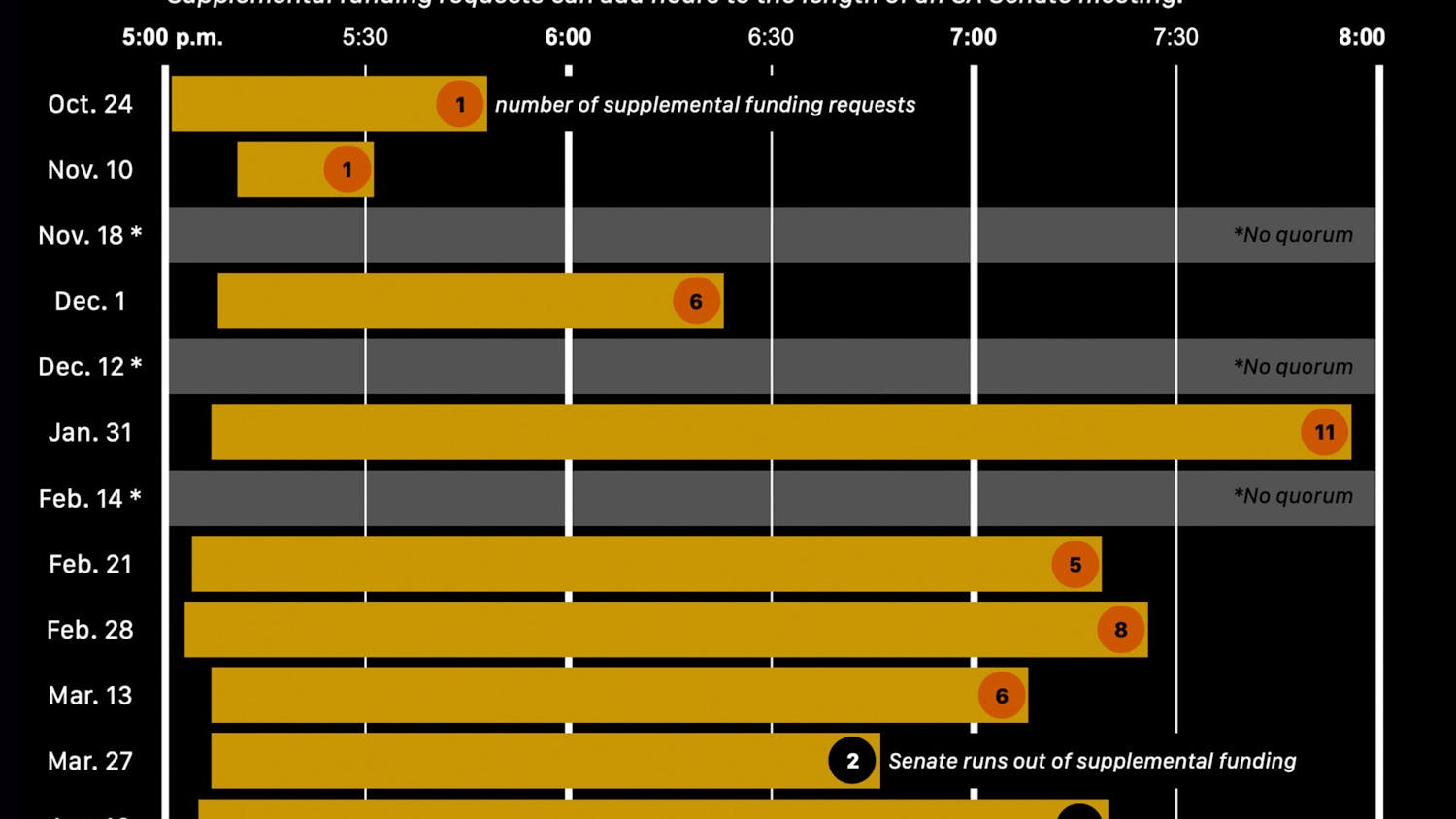There's no denying that the 2010 Winter Olympic Games in Vancouver have been as competitive as ever. Many people consider the games to be a gathering of the greatest athletes in the world, but is this true?
Are these really the world's greatest athletes?
I don't think so.
Geographic location and socio-economic status limit the exposure of many of these winter sports. Athletes that partake in these games – for the most part – were born into an ideal situation that allowed them to find success in their event. I don't want to take anything away from these athletes, because they dedicate their lives to their sports, but they are only the best of a small percentage of people around the world.
Many Winter Olympic events require athletes to spend an unfathomable amount of money on expensive equipment and specialized training that is necessary to achieve great success. Not everyone has the means to even think about being involved in such sports at a young age.
The cost of picking up snowboarding can run someone around $1,000 on equipment alone, not to mention the additional expenses that arise every time the boarder grows. Just to get on a mountain alone costs no less than $50 for a lift ticket, unless you buy a season pass for about $500.
Now imagine how much it would cost for one to be good enough to compete in the Olympics.
Expenses aside, geography limits many would-be competitors too. Only people in certain regions of the country have the ability to participate in certain winter sports, limiting the competing population even more.
Sports such as figure skating require a lifelong commitment. Think about male figure skater Johnny Weir, who is considered to be one of the best figure skaters in the United States. Weir picked up figure skating at the age of 11, which is considered very late for an Olympian. By the age of 12, his family had moved from Pennsylvania to Delaware so he could be closer to his coach and training rink.
This demonstrates not only his parents' dedication to establishing a figure skating career for Johnny, but also proves that location matters. They moved to another state with the hopes that their son would someday hold a gold medal on an international podium. But what if they couldn't afford the training or the taxes in Delaware?
Another sport I question is curling.
For those of you who aren't familiar with curling, it's nothing more than heaving a heavy stone down a narrow ice rink toward a target – similar to shuffleboard. Two teammates use brooms to sweep in front of the stone to direct its path towards a strategically targeted spot.
Exhilarating.
But seriously, who curls?
At what point in your life do you realize that you are good enough to be in the Olympics for curling? I personally think our curling team is recruited from the country's best janitors. I overheard during the curling broadcast that a lot of our team's training takes place in a bar. If that's really the case, there's a chance I could be the best curler in the world – but no one would ever know.
Furthermore, the competition for an athlete to qualify for the Olympics in sports such as skiing, speed skating or luge is nowhere near what it is for a sport like basketball. I don't mean to disrespect these athletes and their abilities. What Shaun White did this year in the snowboarding half-pipe competition was amazing. But who's to say there is not someone out there that is better, but just hasn't had the means to pick up the sport?
The competitors in these sports emerged from such a small population that it would be ignorant to call them the greatest athletes in the world. Throw me some money, put me in skis and give me a mountain.
I'll be representing the red, white and blue come 2014.
E-mail: sports@ubspectrum.com
Greatest athletes in the world?
More
Comments




